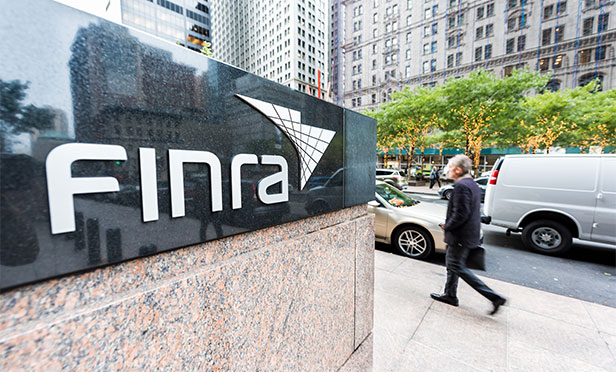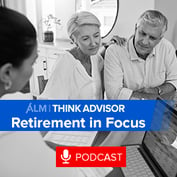 Broker-dealers have been flooding the Financial Industry Regulatory Authority with questions about the restructuring of the self-regulator’s competency exam program, which takes effect Oct. 1.
Broker-dealers have been flooding the Financial Industry Regulatory Authority with questions about the restructuring of the self-regulator’s competency exam program, which takes effect Oct. 1.
FINRA released in mid-September FAQ guidance on its qualification and registration requirements as set forth in Rules 1210 through 1240.
The broker-dealer regulator is creating a Securities Industry Essentials (SIE or Essentials) exam and revising the rep-level exams.
FINRA announced last July that the Securities and Exchange Commission approved the rule change, intended to streamline competency exams to, in part, facilitate opportunities for professionals seeking to enter or re-enter the securities industry.
Robert Cook, FINRA’s president and CEO, said last year that the new exam approach “would give individuals seeking to enter the securities industry the opportunity to demonstrate a fundamental knowledge of regulatory requirements prior to joining a firm, potentially providing firms a larger pool of qualified candidates.”
He added that the new structure “would also provide enhanced flexibility and efficiency in our qualifications programs, while maintaining important standards and investor protections.”
Jon Henschen of the broker-dealer recruiting firm Henschen & Associates, told IA at press-time in mid-September that the new exam regime “will be a significant event for those broker-dealers that are training grounds for new advisors such as wirehouses, captive insurance broker-dealers, Edward Jones and Ameriprise.”
The new exams will be “less of an issue” for independent broker-dealers, Henschen continued, “due to their not being much of a training ground but rather an environment for advisors with an already established book of business.”
New advisors coming into the business, he added, “would be children entering the business as part of the advisors succession plan or assistants getting licensed — later becoming producers.”
What’s Required As FINRA explains, during the transition period, those applying for registration as a rep prior to Sept. 30 will be required to pass the current rep-level exam “appropriate to that registration category, not the revised version.”
Further, those individuals will not be required to pass the SIE in order to register.









 September 27, 2018 at 09:00 AM
September 27, 2018 at 09:00 AM









